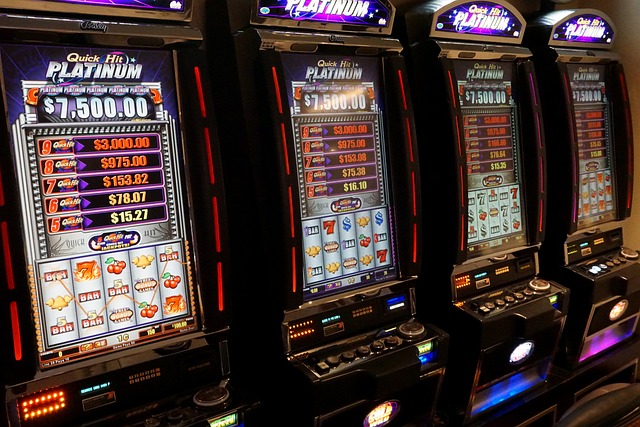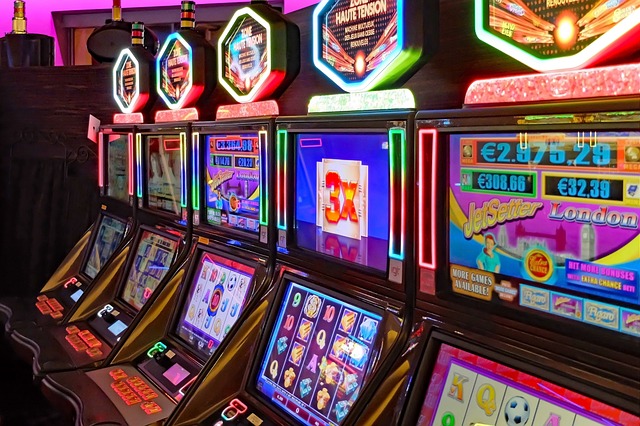When players spin the reels of a slot machine, whether online or in a land-based casino, they rely on more than just luck—they depend on technology designed to ensure fair outcomes. At the heart of every slot game is a system called RNG, or Random Number Generator. This mathematical mechanism guarantees that each spin is completely random and independent of the last. Without RNG, there would be no way to verify the integrity of slot outcomes. Understanding how RNG works—and why it matters—is key to appreciating the fairness and reliability of modern slot games.
What Is RNG and How Does It Work?
A Random Number Generator (RNG) is a software algorithm designed to produce unpredictable and random sequences of numbers. In slot games, the RNG runs continuously, even when no one is playing. The moment a player presses the spin button, the RNG selects a random number combination that corresponds to symbols on the reels. This number determines the outcome instantly. Importantly, RNGs used in licensed slot games are not just “random”—they are pseudo-random, meaning they use complex formulas to simulate randomness. While these algorithms are deterministic by nature, they are unpredictable enough to ensure fairness when properly regulated. Each spin is completely independent, meaning past results do not influence future outcomes—a concept critical to maintaining fair play.
Why RNG Is Essential for Fairness

The main role of RNG in slot games is to prevent manipulation—either by the casino or the player. By generating random outcomes, RNG ensures that no one can predict or influence the result of a spin. This creates a level playing field where all users have the same chance of hitting a winning combination. For casino operators, using RNG is also a regulatory requirement. Independent testing agencies like eCOGRA, iTech Labs, and GLI regularly audit RNG systems to ensure they meet strict standards for randomness and integrity. In essence, RNG is the foundation that supports trust in the slot gaming experience. Without it, players could never be certain that games were fair or that payouts were based on true chance.
How RNG Affects Return to Player (RTP)
While RNG determines the randomness of each spin, it works hand-in-hand with another important concept: Return to Player (RTP). RTP is the theoretical percentage of all wagered money that a slot game will pay back to players over time. For example, a slot with a 96% RTP is designed to return $96 for every $100 wagered in the long run. RNG doesn’t change this percentage—it merely ensures that the distribution of wins and losses over many spins reflects this designed payout rate. In the short term, players may experience streaks of wins or losses due to variance. However, over thousands or millions of spins, the RNG ensures that the game’s performance aligns with its stated RTP. This balance between randomness and statistical return is what keeps slot gaming both fair and engaging.
Verifying RNG Integrity in Online Casinos

Reputable online casinos take RNG seriously and go to great lengths to demonstrate that their games are fair. Most licensed platforms subject their games to regular testing by third-party auditing firms. These audits involve mathematical analysis, long-term simulations, and checks against the advertised RTP. The results are usually published as certificates or badges on the casino’s website. Additionally, some online slot games feature “provably fair” technology—particularly in crypto casinos—allowing users to independently verify the randomness of each outcome using cryptographic hash functions. This adds another layer of transparency and accountability. Players should always look for signs of independent RNG certification when choosing an online casino. Playing at unregulated sites without proven RNG systems poses serious risks of unfair or rigged outcomes.
Common Misconceptions About RNG
Despite its widespread use, RNG is often misunderstood. One common myth is that machines “go hot or cold”—as if they have moods or patterns. In reality, each spin is unrelated to the last, and there’s no way to predict an outcome based on previous results. Another misconception is that casinos can tweak RNGs to limit winnings. In regulated environments, this isn’t true—any changes to RNG require retesting and approval from licensing authorities. It’s also important to note that stopping a spin manually doesn’t influence the result; the outcome is determined the moment the spin is initiated. Understanding these truths can help players manage expectations and avoid superstitions that often arise from not knowing how RNG works.
